|
Podcast merch!
Listen and subscribe: RSS FEED ITUNES Soundcloud Stitcher Spotify If the episodes below don't load, turn off your ad blocker. |
|
When it comes to glycogen, does "train low" actually work? Rory joints to co-host as we examine and dissect the existing literature, and explore the limits of knowledge on p38 MAPK signaling as it relates to aerobic performance. We go through Kolie's coaching experience with these protocols, compare to existing recommendations, discuss why you should always check someone's references, and answer your listener questions.
Show Notes Exercise Stimulates Pgc-1α Transcription in Skeletal Muscle through Activation of the p38 MAPK Pathway Acute signalling responses to intense endurance training commenced with low or normal muscle glycogen Skeletal muscle adaptation and performance responses to once a day versus twice every second day endurance training regimens
0 Comments
This episode answers the question: is there something unique about endurance riding that is unavailable at other intensities? After discussing "zone 2" definitions, we look at adaptations and dose relative to other training intensities, fatigue, and volume. We look at the relative necessity of endurance riding in both very low and high volume training, and answer listener questions, including if there's a lower limit for endurance pace.
This episode breaks down the origins of endurance performance and how cells control substrate oxidation. We review a paper looking at the difference in adaptive aerobic signals when participants used significantly different amounts of fat and carbs at the same intensity. We then look at the role of mitochondria in cellular energetics, the pivotal role they play in aerobic endurance adaptations, and finally what the training implications are. Plus we answer your listener questions submitted to Kolie's Instagram.
Show Notes Carbohydrate improves exercise capacity but does not affect subcellular lipid droplet morphology, AMPK and p53 signalling in human skeletal muscle Regulation of skeletal muscle mitochondrial fatty acid metabolism in lean and obese individuals Metabolic adaptations to short-term training are expressed early in submaximal exercise Biochemical adaptations in muscle
Andy Coggan joins the podcast again to discuss everything we didn't get to in the previous episode. We get back stories behind the adaptations by training zones chart and the category and w/kg chart. We also go in depth with nitrate supplementation, vo2max training. if burning fat makes you burn more fat, if signaling studies translate to performance, and the nature of adaptation itself. There are plenty of pithy proverbs along the way.
We begin our foray into listener-submitted training myths, looking at the largest issues with the claims, and discussing why, as always, it depends.
This episode's myths are: 1. Low cadence riding is strength training. 2. Burning more fat makes you better at burning fat. 3. You should do your base rides in the little ring. Please reach out if you'd like to submit a training myth!
Does your training zone determine the fiber type used? Does fiber type determine aerobic or anaerobic pathways, carbs or fats? We answer these questions by looking at evidence and concepts that show that fast twitch fibers can be just as aerobically capable as slow twitch fibers, nearly as good at burning fats, and why that might be. We dissect a paper on elite cross-country skiers, and another paper on whether or not fast twitch fibers had been recruited at relatively low intensity. In-depth discussion follows on fiber type distribution, muscle mass recruitment and force availability, why endurance athletes defy the expected metabolic properties of fast twitch fibers, and why these expectations may have started with cats.
Show Notes XC Skiers paper The Muscle Fiber Profiles, Mitochondrial Content, and Enzyme Activities of the Exceptionally Well-Trained Arm and Leg Muscles of Elite Cross-Country Skiers Ramp test muscle recruitment paper Progressive metabolite changes in individual human muscle fibers with increasing work rates
Kolie spent yet another year on Instagram (@empiricalcycling) answering questions in the stories for 51 out of 52 weeks to add a bright interlude to doom scrolling. This podcast contains 32 questions under the topics training intensity, periodization, adaptation, and general. Timestamps for the headings are below.
Show Notes Timestamps (approximate) for question groupings. Intensity related: ~2min
In this episode we look at what fatmax is, where the promise lies, and what validity there is. Do you get better at burning fat by burning more fat? Do you lose more weight by burning more fat? How does e=mc^2 relate to the energy stored in food? This episode answers all these questions and more.
Show Notes 2001 Jeukendreup and Achten fatmax paper Elevated calcium and mitochondrial biogenesis in rat muscle (full text) Papers not referenced in main podcast: Exercise: It's the real thing! Maximal fat oxidation during exercise in trained me
If you've ever thought about using the ketogenic diet for cycling, you may want to listen in. We look at a pair of modern classic studies that compare traditional high carbohydrate diets to periodized low carb and keto. This includes a study with, and a study without a carbohydrate re-adaptation period.
Show Notes Low carbohydrate, high fat diet impairs exercise economy and negates the performance benefit from intensified training in elite race walkers https://www.ncbi.nlm.nih.gov/pmc/articles/PMC5407976 Crisis of confidence averted: Impairment of exercise economy and performance in elite race walkers by ketogenic low carbohydrate, high fat (LCHF) diet is reproducible https://www.ncbi.nlm.nih.gov/pmc/articles/PMC7272074
We look deeper into how the body chooses to use carbohydrates and fats, and specifically when and how carbohydrates inhibit fat oxidation. This serves as a jumping off point to take a critical look at VLamax and how it may, or may not, affect your FTP.
Show Notes Study on increased gene expression following endurance exercise https://pubmed.ncbi.nlm.nih.gov/19705999/ |
Archives
July 2024
Categories
All
|

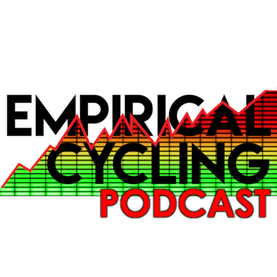
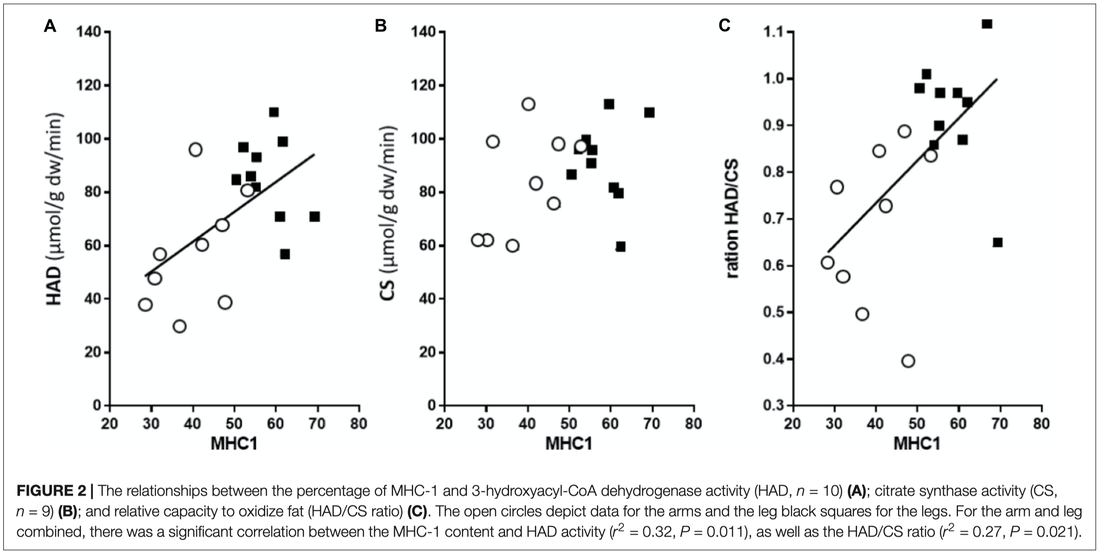
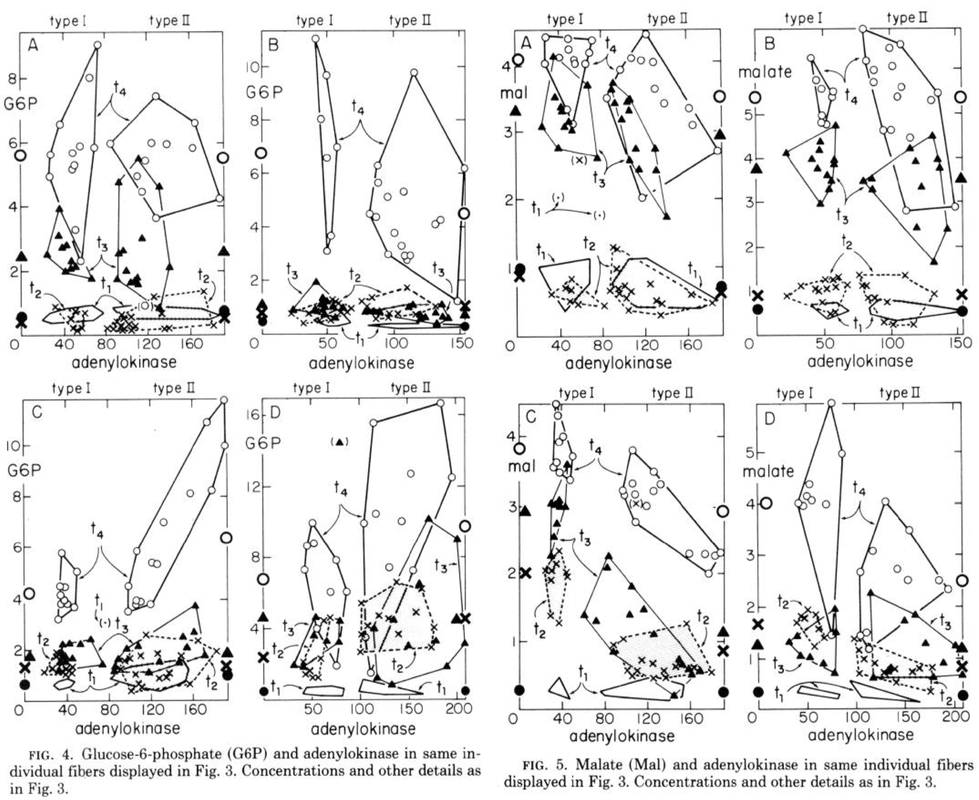
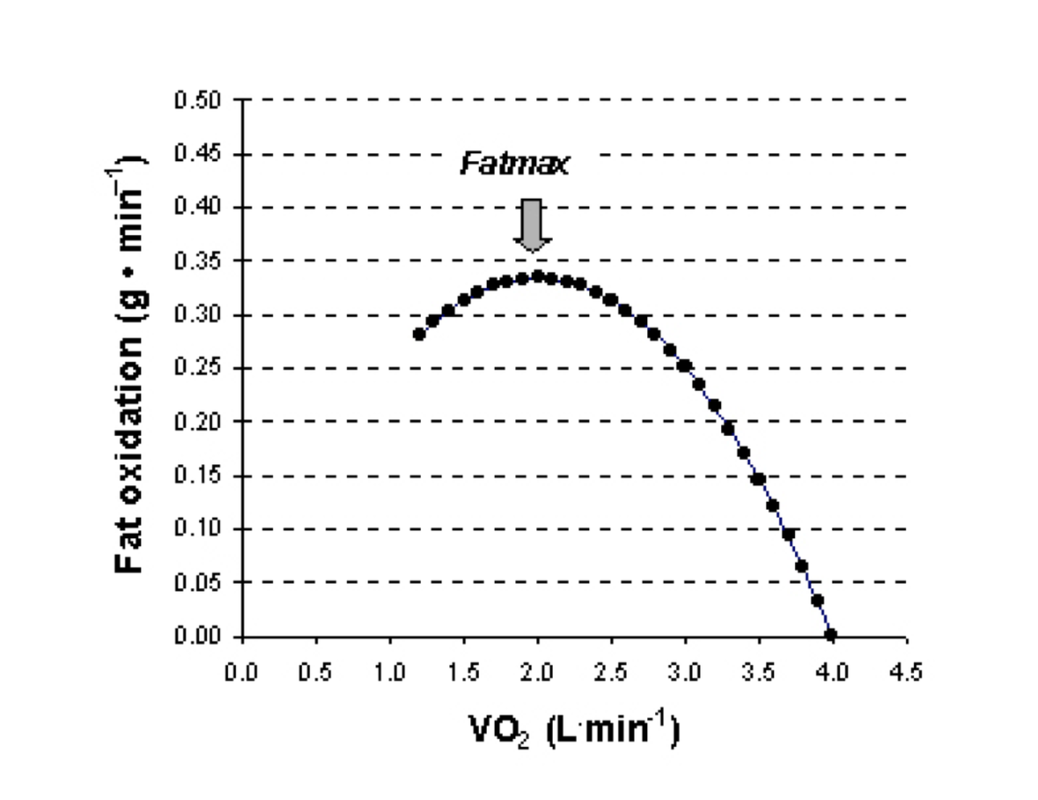
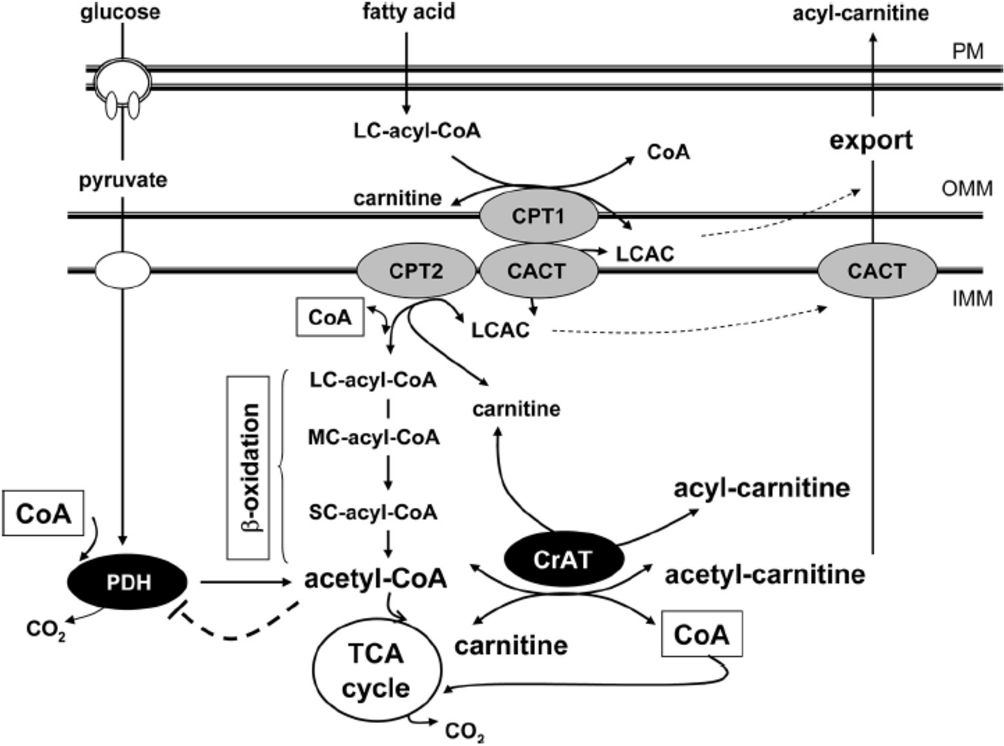
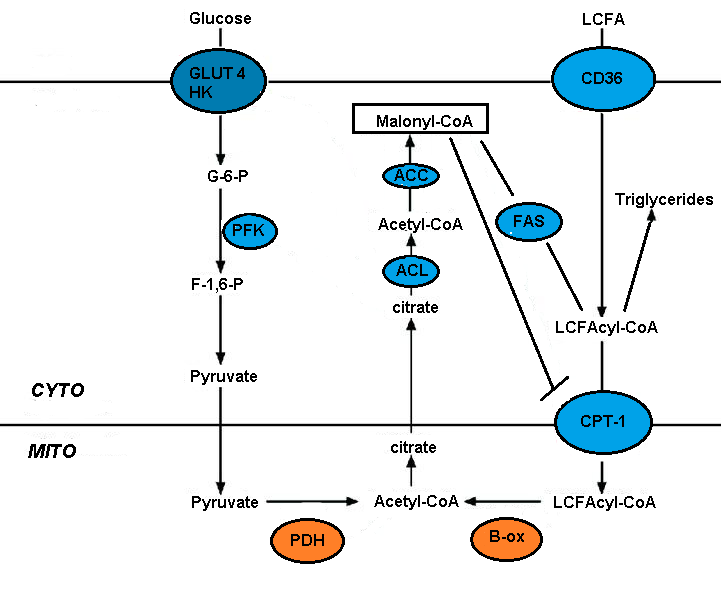
 RSS Feed
RSS Feed